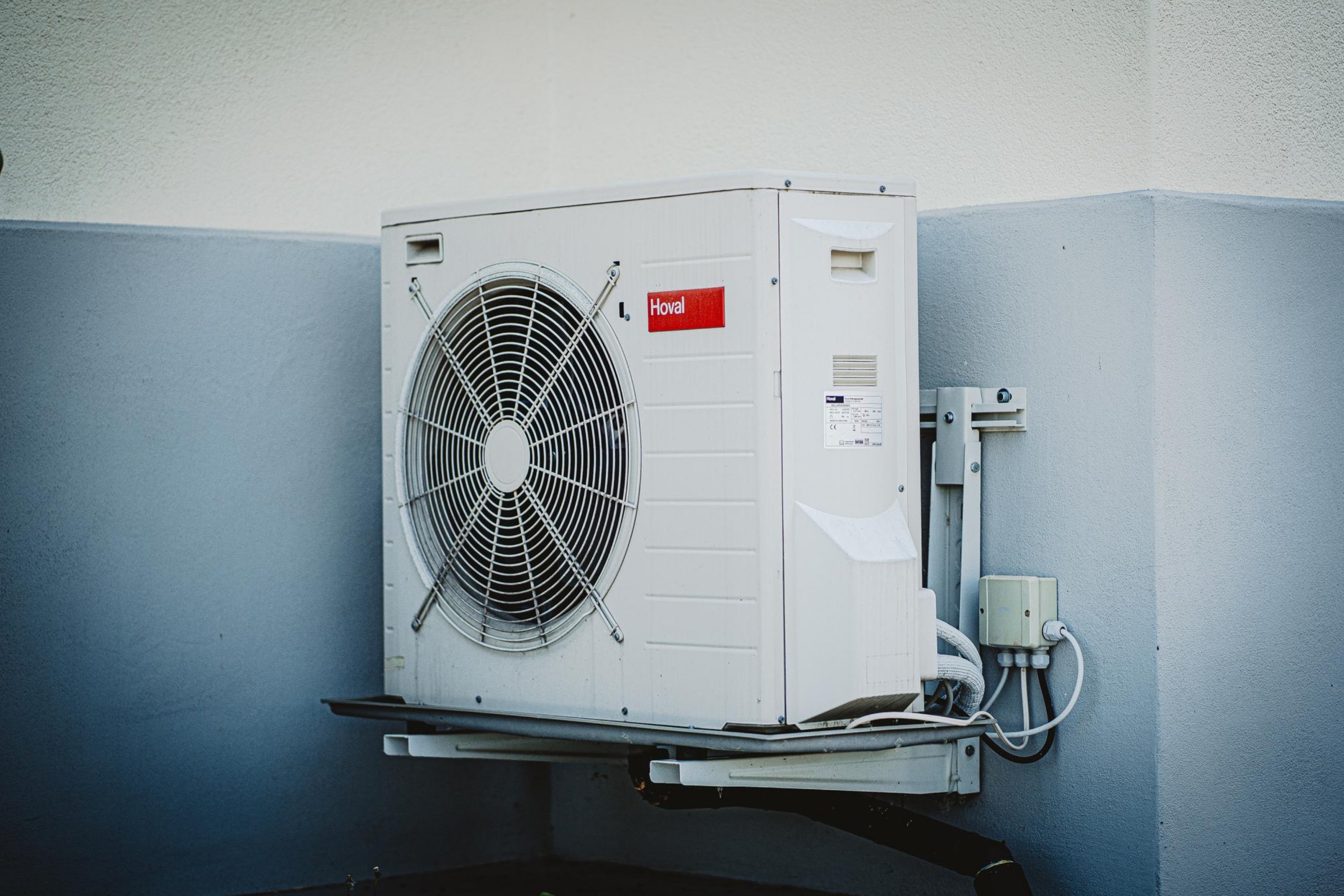The MERV rating is one of the best ways of comparing different air filters for a home or commercial building. The Minimum Efficiency Reporting Values (MERV) compare air filters based on how effectively they can trap and block particles as air passes through them.
The American Society of Heating, Refrigerating, and Air-Conditioning Engineers introduced the MERV rating system in 1987. It is still a primary standard for comparing air filters.
The ratings range from 1 to 16. As a general rule of thumb, the higher the rating, the better — though the air filter has to meet certain conditions for that to happen.
MERV 8 is considered the best rating for homes and offices. But why? And is MERV 8 still the king of air filters?
Read on to know everything about this MERV rating.
Why Is MERV 8 the Best?
Air filters with MERV 8 rating are popular because of their well-roundedness. Not only are they affordable, but they can also get rid of several kinds of contaminants from a room and expose you to clean and healthy air.
They are excellent at trapping and blocking mold spores, dust, pollen, and dust, among other harmful particles. Due to their affordable price tags, it’s no wonder homeowners prefer MERV 8 air filters.
Air filters with other values than MERV 8 are designed to get rid of different kinds of particles.
Higher MERV values are specifically crafted to get rid of industry-level contaminants, such as those present in warehouses, surgery suites, smoking lounges, hospital or pharmaceutical labs, etc. They are also compatible with HVAC systems with powerful specifications.
Here is a rundown of higher MERV ratings.
MERV 9-12
Air filters with 9 to 12 MERV can effectively control humidifier dust, welding fumes, lead dust, and vehicle emissions, making them suitable for residences with robust HVAC systems, commercial buildings, and hospital labs.
MERV 11 is one of the most popular options in this range. But just because the rating is higher than MERV 8 doesn’t mean it is more effective in all cases.
The thickness of the air filters with a higher MERV rating could restrict airflow, resulting in decreased comfort, increased energy use, and accelerated wear and tear of the system components.
If you want to use air filters with such a high rating in your house, you need to consult a professional to learn if they would be more effective than MERV 8 or not.
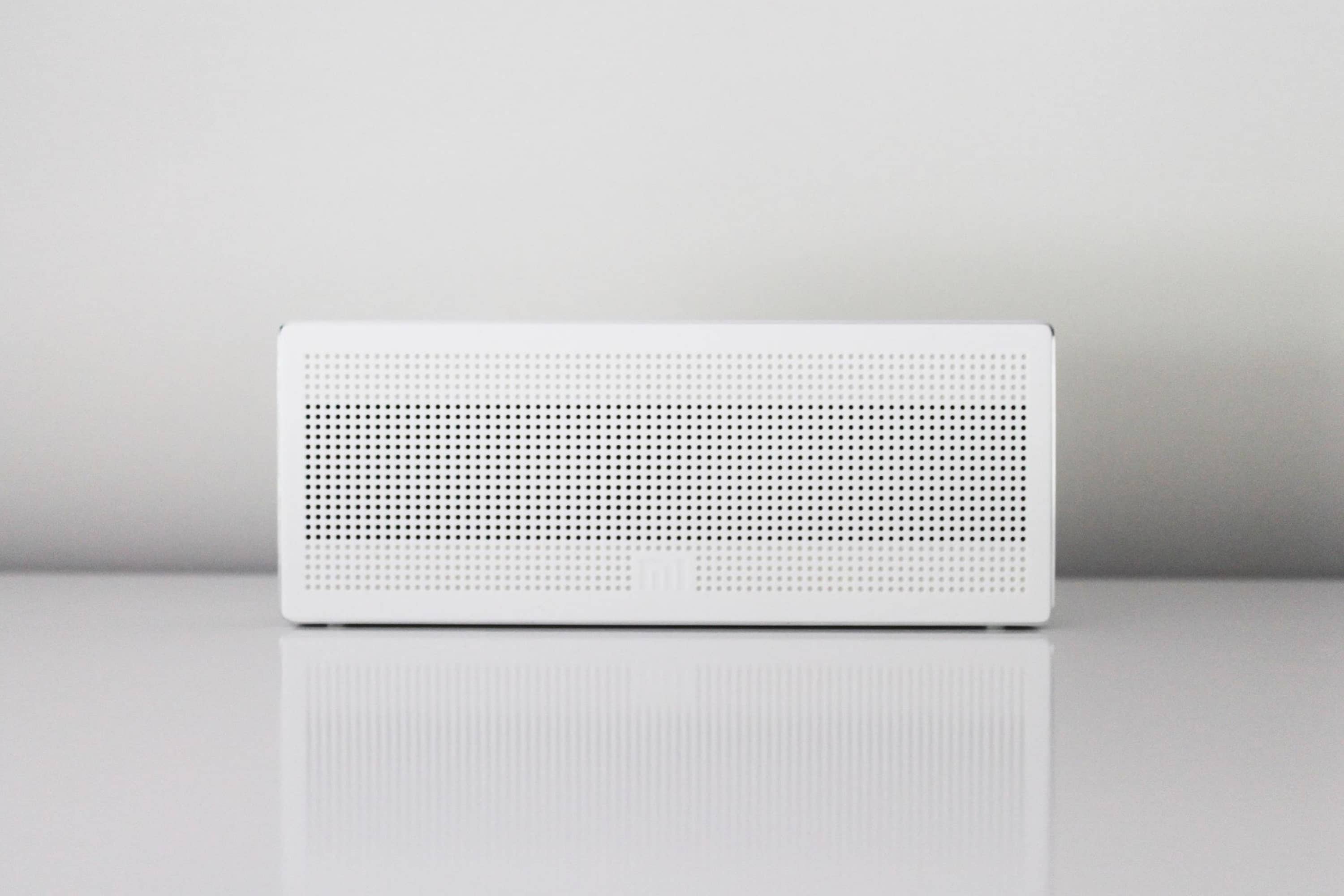
MERV 13-14
Air filters with ratings of 13 or 14 are designed for heavy-duty commercial use and are usually found in commercial buildings, smoking lounges, and surgery suites because of the contaminants present in these spaces. They can control airborne bacteria, sneeze pollutants, tobacco smoke, etc.
Experts would find it unnecessary to install such a powerful air filter in homes unless someone has severe allergies or suffers from asthma.
Otherwise, you could end up paying extra for nothing. You would also have to replace the air filters with higher MERV more frequently than MERV 8 air filters.
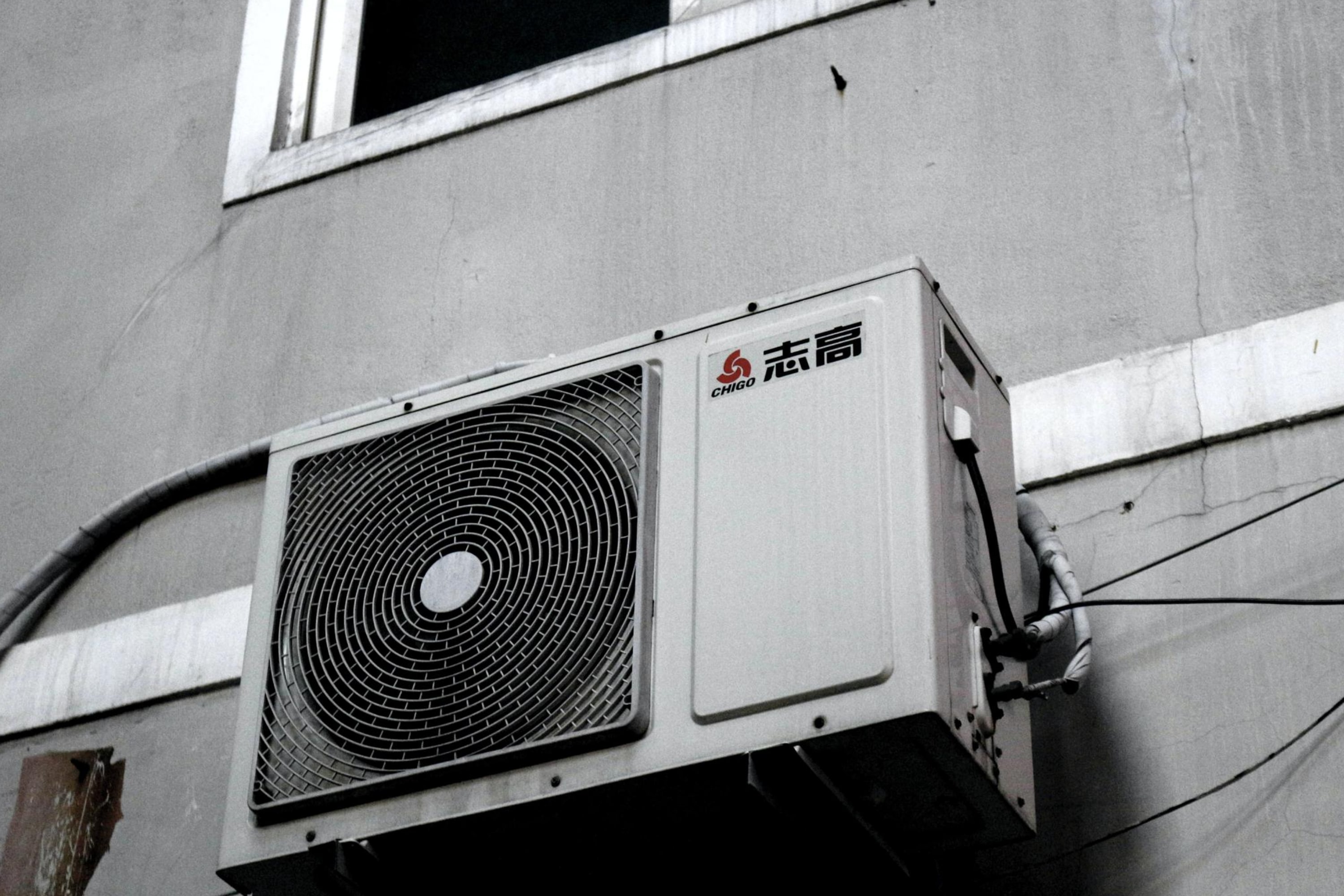
Bottom Line
Now that you know the difference between the air filters with varying MERV rating values, it’s easy to guess why MERV 8 is still the king of air filters. They are affordable and effective in residential and some commercial spaces. You can learn more about MERV 8 air filters from Filter King.
Apart from the MERV, also consider the manufacturer while buying air filters for your home. Not all companies use the same materials or methods.
While some use highly durable materials, some settle for cheaper products to reduce costs. Make sure you choose a manufacturer that makes excellent air filters at affordable rates.
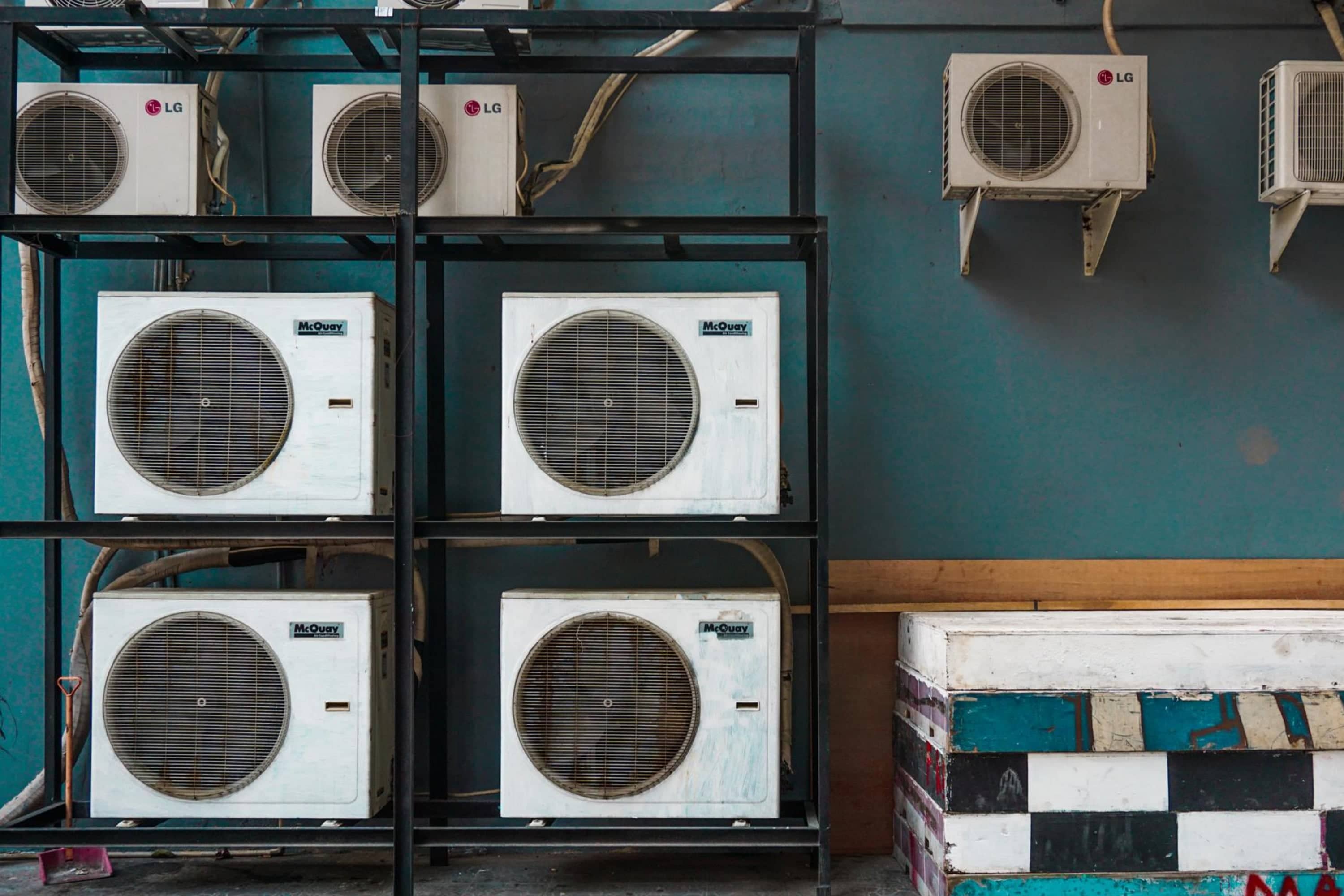
Frequently Asked Question
What does MERV stand for?
MERV stands for Minimum Efficiency Rating Value, which is a standardized system framed by ASHRAE to compare different air filters based on performance and efficiency. This rating system has been adopted by all the prominent air filter manufacturers to enable customers to compare different air filters based easily.
While buying an air filter, ensure its MERV value matches your requirements. You can find this value printed somewhere on the air filter. You can also use the model number of the air filter to check its MERV value.
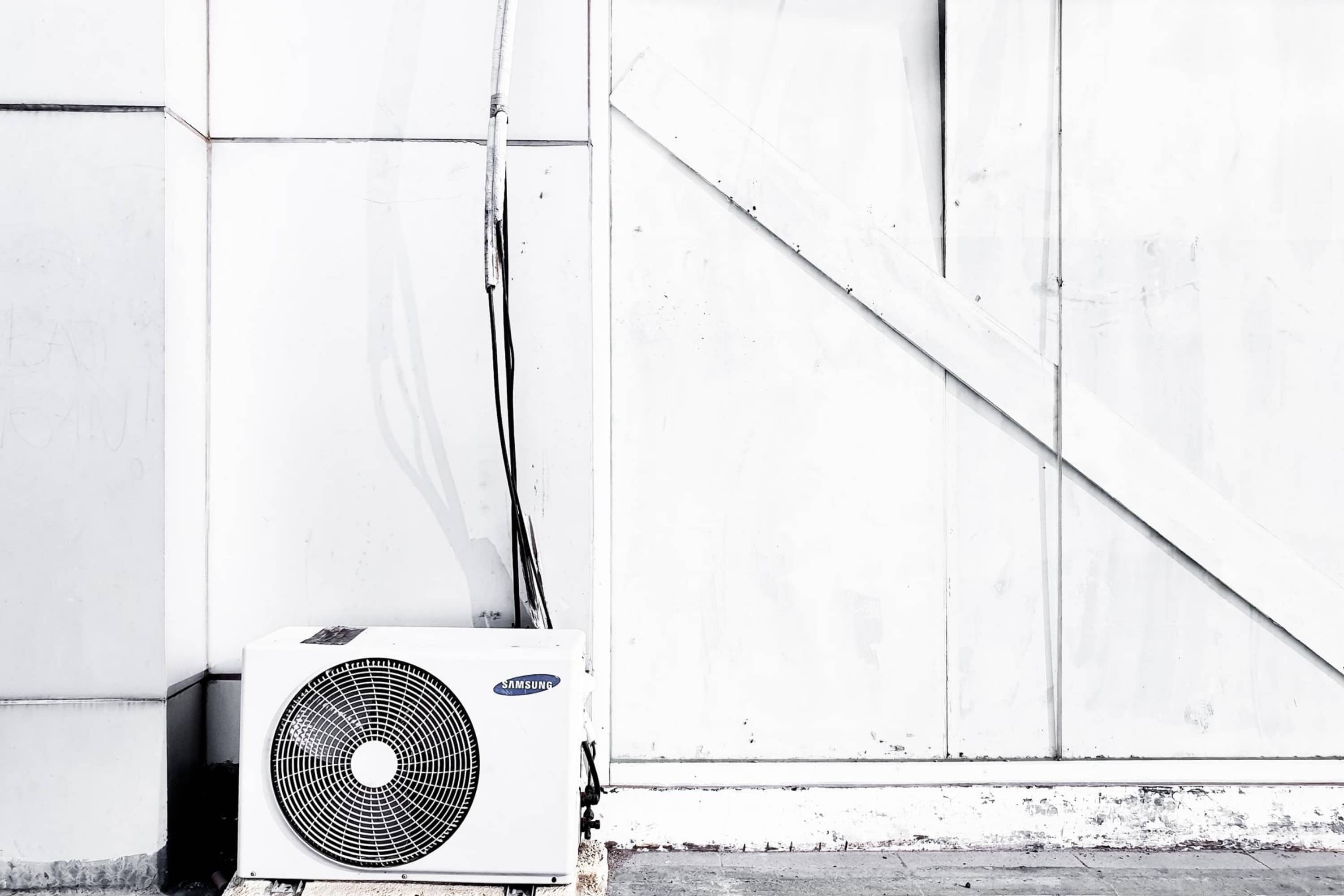
What MERV rating should I get?
If you want an air filter specifically for home use, then two of the most popular choices are MERV 8 and MERV 11. The latter is more powerful, so if you’re considering upgrading the current air filter, ensure that your HVAC system can handle the MERV 11. Otherwise, it could be counterproductive.
For heavy-duty commercial requirements, MERV ratings of 14 and higher are suitable. If you’re still unsure which air filter is ideal for your needs, speak to a professional. They could look at your HVAC system to gauge how much it can handle.

How often do you replace air filters?
You’d have to replace an air filter with a higher rating, say 11, more frequently than MERV 8.
On average, air filters must be replaced every three to six months. If you have pets that shed or people in your house who suffer from allergies or asthma, then you should replace the filter more often to keep the air clean and your family members safe.
You can consult a professional to know the exact intervals of the replacement. Consider the cost factor while buying high-efficiency air filters.
[wp-faq-schema title=”Frequently Asked Questions”]
